Do you have a large cavity that is too big for a filling? Your teeth may have been severely worn down or cracked and need protection. With dental crowns your teeth can be covered and can be both aesthetically pleasing and functional.
Book your consultation
A dental crown is a cap that covers over the damaged, decayed teeth. It can be used as a part of a bridge to replace a tooth.
Pressed ceramic is having a hard inner core, these replace the metal in the porcelain fused to metal type of crowns. The pressed ceramic is covered with porcelain to provide a natural color match.
Porcelain fused to metal is porcelain provides the natural tooth color and metal underlying provides structural strength. All resin is less expensive choice of material but susceptible to wear down.
Learn MoreCrowns can treat multiple problems and many people are good candidates for it. Here, you can find answers for different complaints.
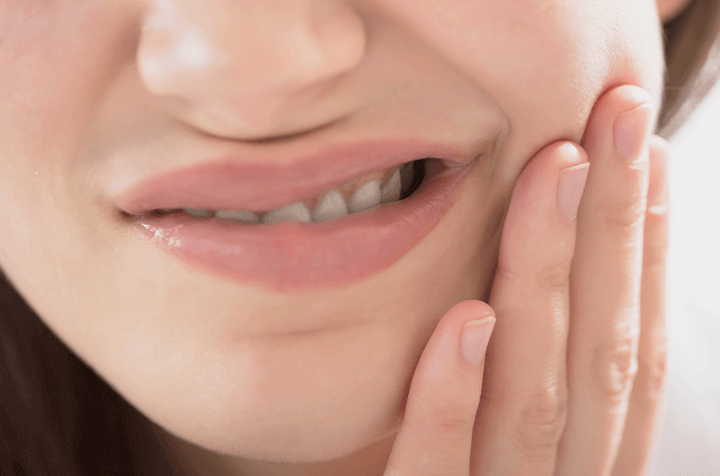
In any case, it is best to save your natural teeth as a natural tooth.
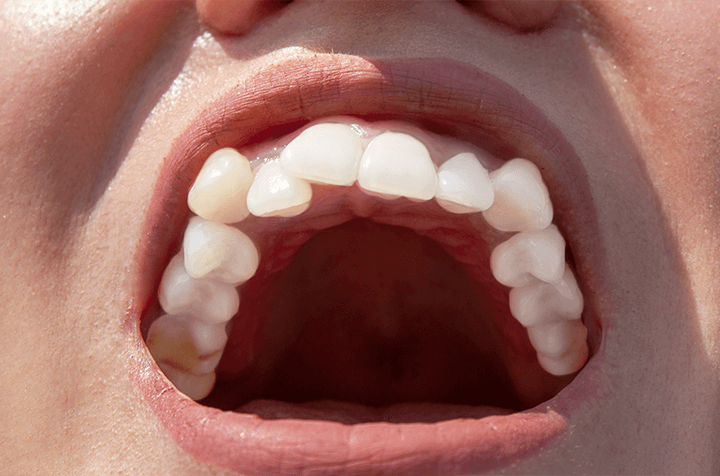
Misshapen tooth can be easily treated with a dental crown.
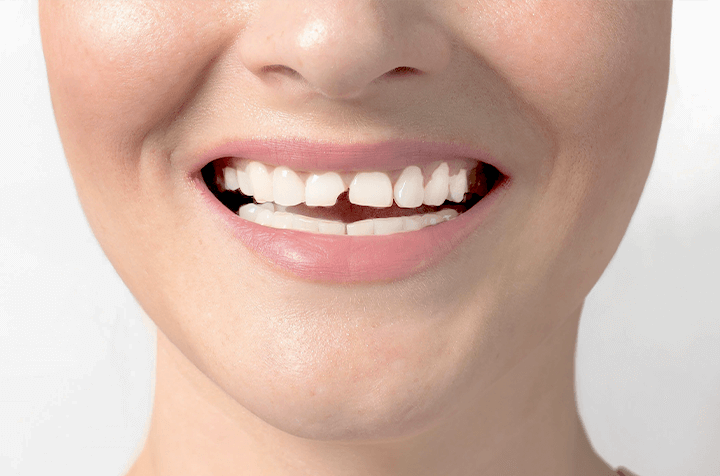
Short answer is yes. Crowns are applicable to the front teeth.
At Clineca, we take everything seriously. We understand how important the results are for you. We care about your health and comfort as much as you do. From beginning to end, we inform you, guide you, serve you, and help you.

Surgeries are performed in prestigious fully equipped hospitals in which doctors from all specialties are present.

You will have an online consultation with your surgeon via video chat. After an online examination, and will help you to choose what's the best.

We cooperate with the surgeons who perform a limited number of surgeries each week to ensure the best results.

You can contact our agents 7 days and 24 hours for your questions and concerns, or only support. We'll be fully available for your service.

We provide you with special discounts in luxurious hotels in the vicinity of the hospital. Your comfort is very important to us.

We provide airport transfer and transportation between your hotel and the hospital before/after the surgery via VIP vehicles.

As Clineca, we provide you with patient accompaniment, who will visit you every day in your hotel room during the resting period.
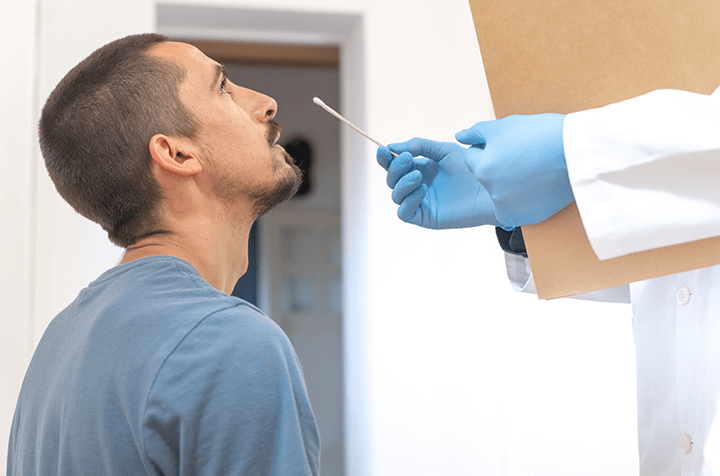
The price includes fees of the surgeon, operating room, hospitalization, tests, medications and medical visits by a nurse.

The price includes hotel layover (including breakfast), and transportation between the airport, the hotel and the hospital.
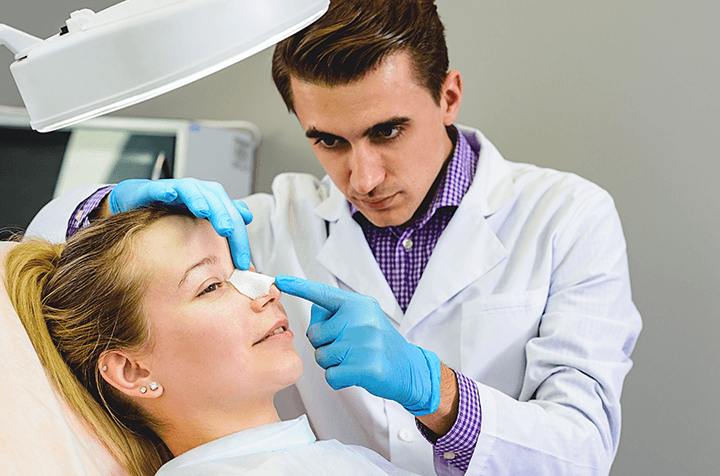
Interpreter service, BBL pillow, neck pillow (rhinoplasty), eye mask, voltage converter and many others that will enhance your satisfaction.

Turkey is a leading player in medical tourism, and Istanbul, which is an extremely beautiful touristic city, is the plastic surgery capital of Turkey.
Clineca has a holistic approach. We believe that everything should be right for a satisfactory cosmetic surgery experience, including your days in Istanbul. We plan every detail of your journey.
After you fill the form, one of our agents will contact you. They will inform you about the whole experience, in detail. If requested, they will arrange an online consultation for you.
You'll have an online consultation with your surgeon via video chat. They will perform an online examination and help you to choose what the best approach to your case is.
We'll plan your whole journey including your surgery date and accommodation. We'll inform you about every need; from preparing your suitcase to advice before the procedure.
Our VIP transportation vehicle will be ready at the airport for you. We’ll drive you to the hospital and they'll get a blood and the C19 test. Then, we'll take you to your hotel.
We’ll take you from your hotel to the hospital. After your examination, the same day you’ll have the surgery. You will stay at the hospital 1-2 day(s), depending on the procedure.
After your stay at the hospital, we'll drive you to your hotel. A wellbeing assistant will visit you every day to inform you, to examine, and to provide medical care during the week.
We'll gladly and proudly show you around our beautiful city. We’ll be very happy to provide you with professional guidance in historical sightseeing, shopping and entertainment.
We’ll take you to 1-week follow-up. After your examination and removal of bandages if required, we’ll inform you about the recovery period. Then, we'll drive you to the airport.
During your recovery, we'll inform you, check on you, and answer your questions 24 hours and 7 days. We'll expect you to send photos periodically to follow your recovery period.

If you have a damaged or decayed tooth, and the problem cannot be solved by inlays or onlays, that is the tooth is missing a significant amount of structure above the gum line, you can be a good candidate for crown restoration. With crowns, you can protect your weak tooth, restore the weak or broken tooth, and cover the tooth that has been treated with a root canal or dental implant. Crowns can also enable you to cover misshapen or severely discolored teeth.
Book your consultationThe outcomes of crowns can be analyzed in three main categories: aesthetical, health-related, and psychological.
Having worn down, damaged or decayed teeth looks unattractive. Dental crowns solve this problem by covering the teeth in a natural healthy teeth shape.
Severely worn out teeth, or decayed teeth can cause you pain, and they are prone to decay. With covering the cavity, teeth are protected from environmental conditions and become healthy again. They also regain their function by correcting the bite.
When the teeth look unhealthy, it may bother you and prevent you from behaving normally, such as laughing and yawning may become something you hesitate to do in front of others in order to prevent them showing. With dental crown treatment you will gain your confidence and act naturally without fearing.

A dental crown is a cap that is placed over a damaged tooth to restore its shape, size, and strength.
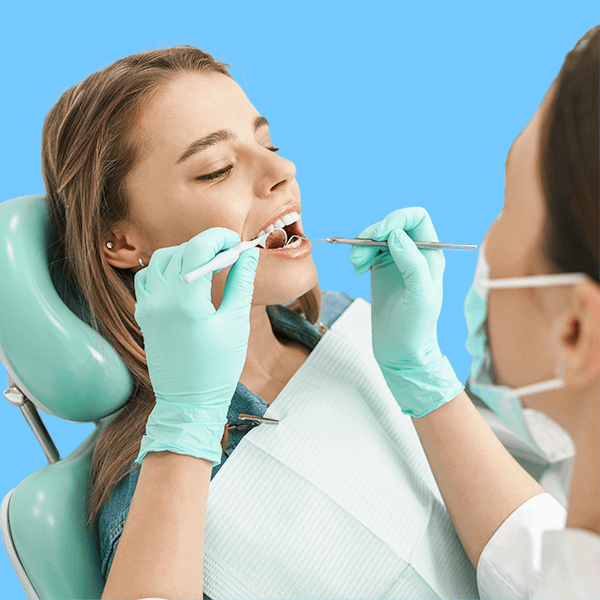
In your first appointment with your dentist, the affected tooth will be examined. X-rays will be taken and if your dentist finds it necessary, they may do a root canal treatment before the crown procedure. You may need a root canal treatment if the affected tooth has tooth decay, there is infection or risk of infection, or there is an injury to the pulp of the tooth.
The affected tooth will be filed down across the sides and the top to make space for the crown, and the amount of filing will depend on the type. If the tooth is missing too much structure due to decay, filling material can be used to build a structure for the crown.
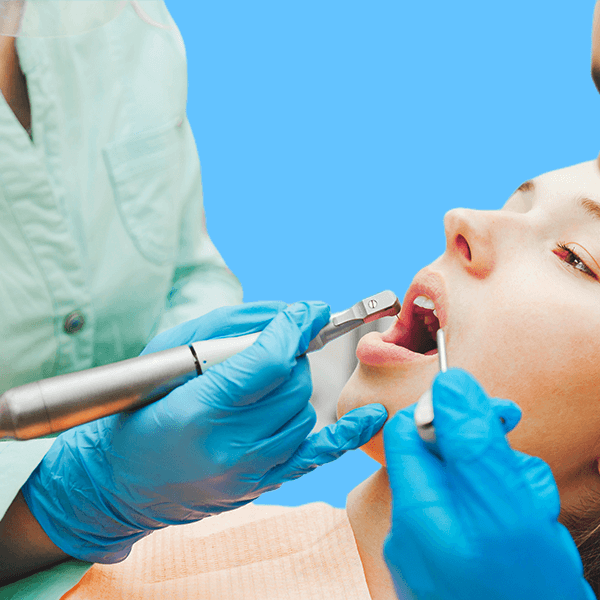
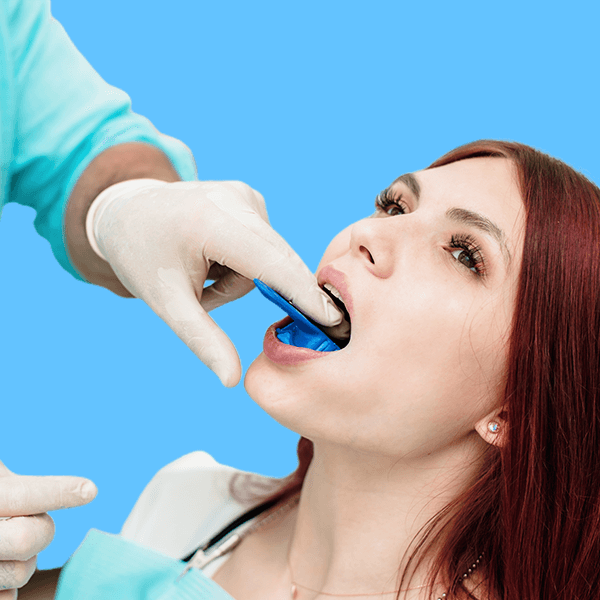
After the reshaping, the dentist will take impressions of the tooth for crown preparation. The impression will be sent to a laboratory for making the crown. It usually takes 2-3 weeks for the crown to be prepared and sent back to the dentist’s office. Thus, your dentist will make a temporary crown to cover the prepared tooth to protect it until the permanent crown is placed in the next appointment.
If the dentist’s office is equipped with computer aided design/computer aided manufacturing (CAD/CAM) devices, your dental crown can be made in the office without the need of a laboratory. In this approach a scanning device will take digital pictures of the tooth inside your mouth after the filing step. The software will create a 3D model from these pictures, then a digital design will be prepared accordingly. The digital design will be sent to another device that carves the design out of a block of ceramic in under 15 minutes. With this approach, your crown will be ready to be placed in 2 hours or less and will remove the need for a secondary visit for the placement of the crown.
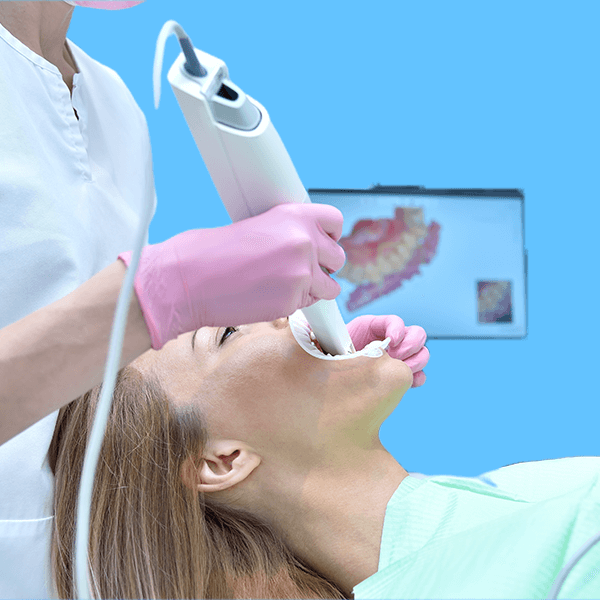
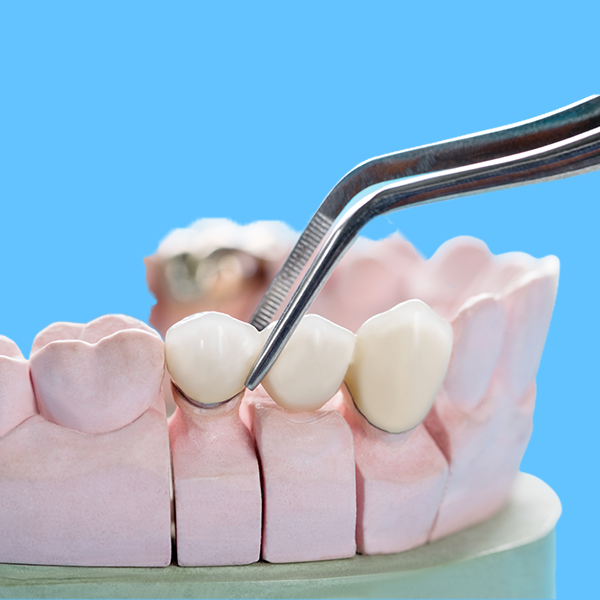
After the lab sends back the crown, your next visit will take place. Your temporary crown will be removed, the fit and color of the permanent one will be checked. If everything is as expected, local anesthesia will be applied to numb the tooth and the new crown will be cemented in place.
Dental Crowns are low risk and low complications procedure. Possible complications can include:
During the first week of the dental crown recovery process, you can expect to experience some discomfort as your mouth adjusts to the presence of the dental crown. Your teeth and gums may be sore for the first few days after getting a dental crown. This is normal and should go away on its own within a few days. You may find it difficult to eat at first because of the soreness and the presence of the dental crown. Stick to soft foods and cut your food into small pieces to make it easier to chew. You may also find it difficult to speak at first because of the dental crown. This should improve over time as you get used to the crown. It's important to maintain good oral hygiene while wearing a dental crown. Brush your teeth at least twice a day and use floss threaders or a water flosser to clean between your teeth and around the crown.
After the early stages of the dental crown recovery process, you can expect the dental crown to become more stable and comfortable as your mouth adjusts to it. You might experience decreased soreness; as your mouth adjusts to the dental crown, you should experience less soreness and discomfort. Improved eating and speaking; as your mouth becomes more accustomed to the dental crown, you should find it easier to eat and speak. As the dental crown becomes more stable, it should look more natural and blend in with your other teeth. It's also important to maintain good oral hygiene to ensure the long-term success of your dental crown.
After meeting with your dentist at their office during your consultation you express your expectations and the dentist checks the condition of your teeth. They will inform you about their professional opinion while taking your expectations and the condition of your teeth into consideration. Then, photos of your teeth will be taken for a 3D simulation. The size, model and color can be decided by you, and you can even choose the color from the tooth color chart. After deciding, on the first operation day teeth will be scraped and if there is a need for an extraction it will also take place on the first day. Temporary veneers will be put on and your dentist will prescribe you with painkillers and antibiotics. You will stay at the hotel for about 4-5 days. During your stay you will be visited by a wellbeing specialist, and if you’re having any problems your dentist will be contacted. After these 4-5 days, your permanent veneer will be applied and it will be all done.

If you are preparing to receive dental crown treatment, there are a few things you can do to ensure the best possible outcome.

We know you have many questions. Having realistic expectations and deciding to have a dental operation requires information. Here you can find answers to frequently asked questions about dental crowns.
Crowns can treat multiple problems and many people are good candidates for it. Here, you can find answers for different complaints.